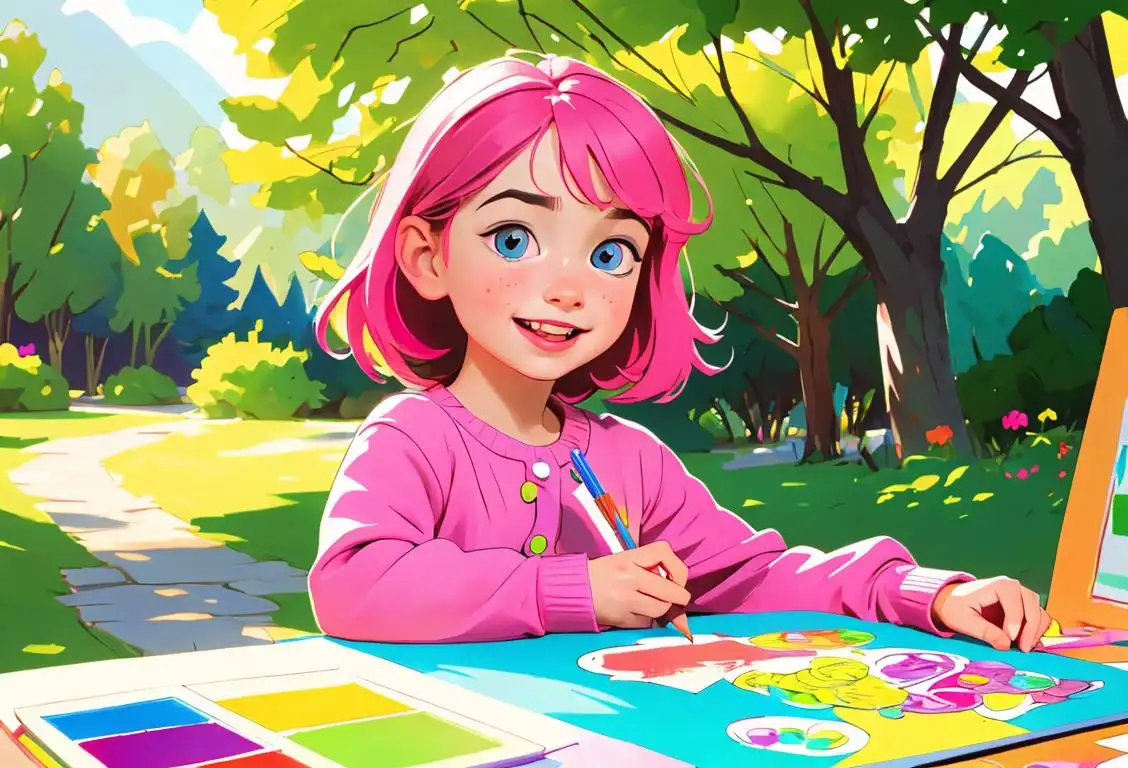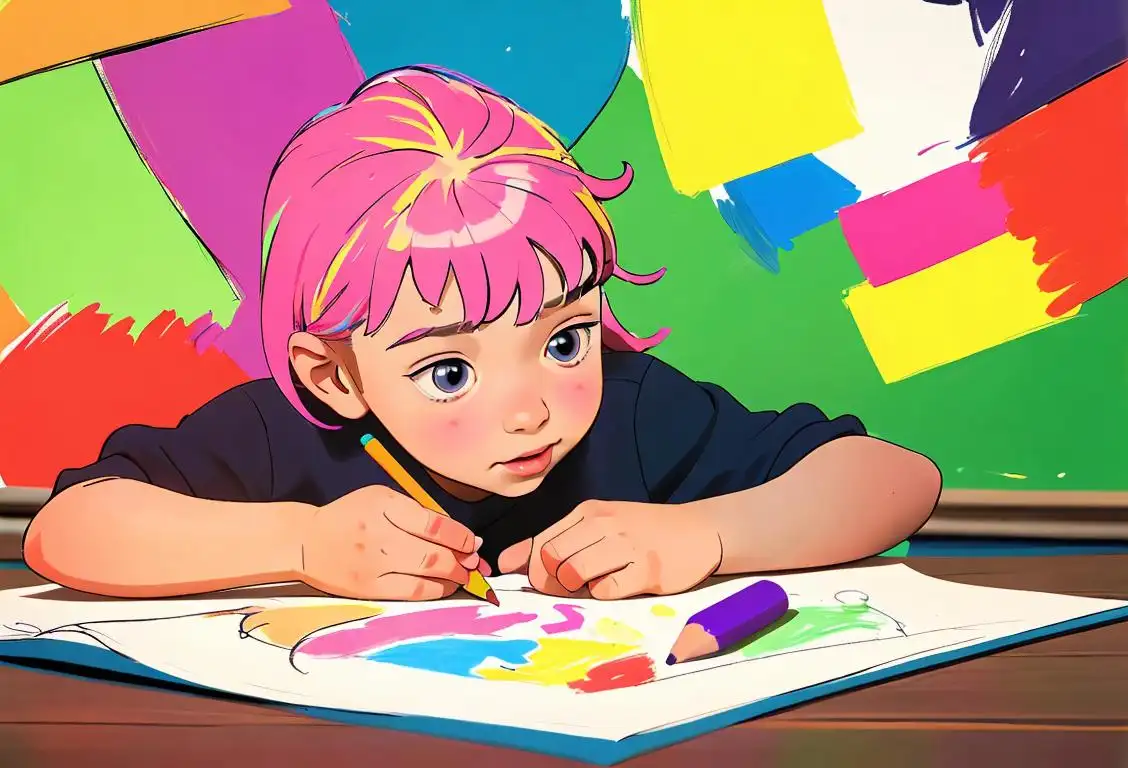National Bored Day

Are you feeling a bit bored? Well, you're in luck because today is National Bored Day! It's the perfect excuse to embrace your boredom and turn it into something fun and exciting. So put on your favorite comfy pants, grab a snack, and get ready to dive into the thrilling world of boredom.
When is Bored Day?
It's national bored day on the 1st May.
The Origin of National Bored Day
While the internet is teeming with made-up national days, National Bored Day is one that actually has some history. It all started back on May 1, 2016, when the online community collectively decided to celebrate the joys of boredom. With 17 mentions online, it quickly became a trending topic on social media.
The beauty of National Bored Day is that it encourages people to take a step back from their busy lives and appreciate the simple pleasure of doing nothing. It's a day to embrace the calmness and let your mind wander wherever it wants to go.
How to Celebrate National Bored Day
There are countless ways to celebrate National Bored Day, but the key is to let your imagination run wild. Here are a few ideas to get you started:
- Have a movie marathon of your favorite films (or even the ones you haven't gotten around to watching yet).
- Take a long, leisurely walk in nature and let your thoughts drift away.
- Start a puzzle or a challenging board game to keep your mind engaged while still embracing the essence of boredom.
- Try your hand at some arts and crafts. Let your creativity flow and see what you can create.
- Curl up with a good book and get lost in its pages.
Remember, the goal of National Bored Day is to have fun while doing absolutely nothing productive. So don't feel guilty about not crossing items off your to-do list.
Did You Know?
Did you know that research has shown that allowing yourself to be bored can actually boost creativity? When you're bored, your mind is free to wander and make unexpected connections. So embrace the boredom and see where your imagination takes you!
History behind the term 'Bored'
1766
The birth of 'bore'
In 1766, the term 'bore' emerged in the English language, originally meaning to make a hole through something with a tool or instrument. It derived from the Old English word 'borian,' which had a similar meaning. This term highlighted the action of drilling or piercing a surface.
1803
Shifting to 'bored'
Around 1803, a shift in the usage of 'bore' occurred, extending its meaning to describe a state of being weary, fatigued, or uninterested. This transformation from a verb to an adjective gave birth to the term 'bored' as we know it today.
1852
Cultivating 'boredom'
The term 'boredom' gained widespread recognition in 1852 when it was used by Charles Dickens in his novel 'Bleak House.' Dickens portrayed 'boredom' as a pervasive and monotonous feeling that plagues individuals. This popular literary incorporation solidified 'boredom' as a common term in everyday language.
20th century
'Boredom' in psychology
As the study of psychology progressed in the 20th century, researchers and psychologists began to delve into the concept of 'boredom.' They explored its impact on mental well-being, productivity, and creativity. 'Boredom' became an important area of study, enabling a deeper understanding of human emotions and motivation.
21st century
'Boredom' in the digital age
In the 21st century, the rise of digital technology and constant connectivity brought about a new wave of discussions and research on 'boredom.' While technological advancements aimed to entertain and engage, the paradoxical effect emerged where individuals experienced an increased sense of 'boredom' due to overexposure to stimuli and superficial interactions.
Did you know?
Did you know that research has shown that allowing yourself to be bored can actually boost creativity? When you're bored, your mind is free to wander and make unexpected connections. So embrace the boredom and see where your imagination takes you!Tagged
fun creativity relaxationFirst identified
1st May 2016Most mentioned on
1st May 2016Total mentions
17Other days
Colouring Day
Colouring Book Day
Walken Day
Adult Coloring Book Day
Bored Day
Antisocial Day
Goth Day
Camera Day
Crayon Day
Emoji Day








